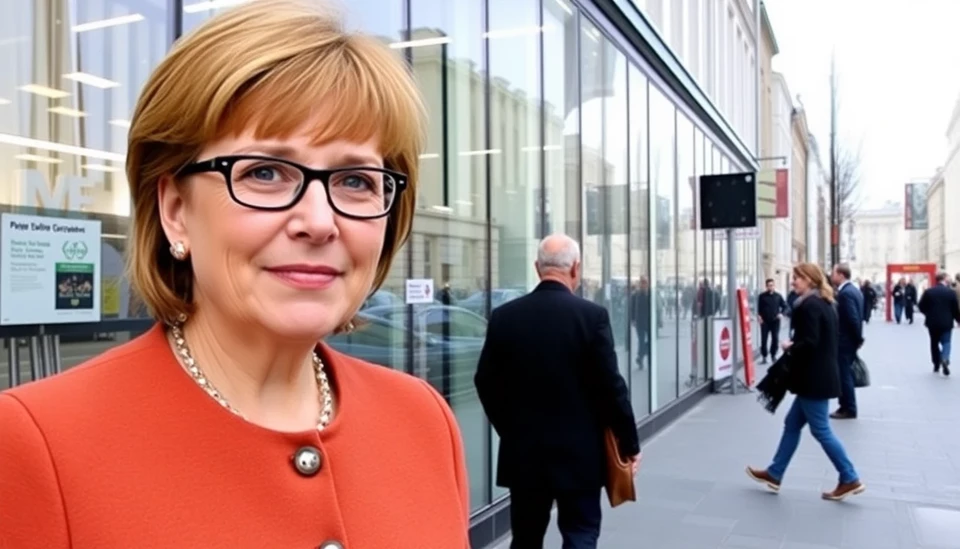
The German economy has recorded a contraction for the second consecutive year, raising concerns on its economic stability just months before pivotal elections. This downturn can partly be attributed to various global economic pressures, which have significantly impacted Germany's industrial sector and consumer confidence.
According to latest economic data released, Germany's gross domestic product (GDP) shrank by 1% in 2024, following a 0.5% decline the previous year. These figures suggest a worrying trend as the country grapples with challenges such as high inflation rates, rising energy costs, and disruptions in supply chains exacerbated by geopolitical tensions, particularly in Eastern Europe.
Experts forecast that this prolonged economic slowdown may pose difficulties for the ruling government as it heads into critical elections scheduled for late 2025. Political analysts argue that voter sentiment could be influenced heavily by the electorate's perception of the government's handling of these economic strains. With public sentiment already wary due to inflation, which peaked at a staggering 8% last summer, the impact of these economic conditions could resonate through to the ballot boxes.
To make matters more complex, recent policy decisions by the German government, including increased borrowing for infrastructure improvements and social programs, have sparked debates regarding their long-term viability. Critics argue that a lack of prudent fiscal management could lead to even deeper economic woes if the current trend continues.
Industrial output, a significant pillar of the German economy, showed signs of weakness, particularly in manufacturing and exports, which are traditionally the backbone of Germany's economic prowess. Analysts believe that the automotive sector, for instance, is struggling to regain momentum, primarily due to an ongoing shift towards electric vehicles which requires substantial investment and adaptation.
As the country navigates these economic headwinds, there is a growing call for the government to implement effective strategies aimed at revitalizing the economy and restoring consumer confidence. Proposals range from investing in emerging technologies to incentivizing sustainable practices across industrial processes. However, in light of the looming elections, economic policy positions are increasingly likely to become hot-button topics in campaign rhetoric.
The upcoming months will be critical as policymakers debate how best to tackle the economic challenges while maintaining political stability. Voters will be watching closely to gauge which parties present the most viable paths forward in reviving the nation’s economic fortunes.
As Germany prepares for its political future, the economic landscape will undoubtedly play a decisive role in shaping the outcome of the upcoming elections and the country's trajectory for years to come.
#Germany #Economy #Elections2025 #GDP #Inflation #PoliticalStability #IndustrialSector
Author: Rachel Greene




